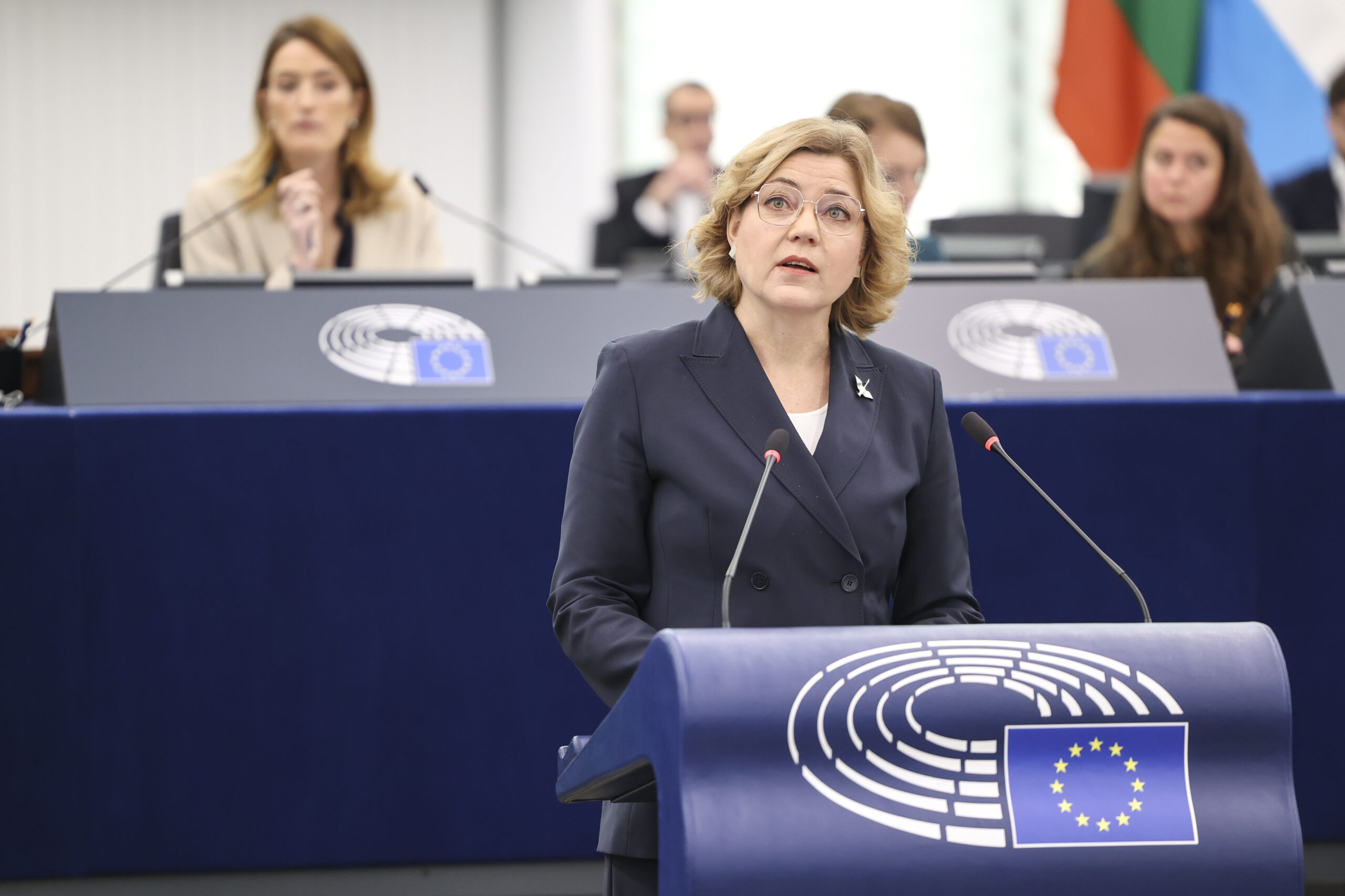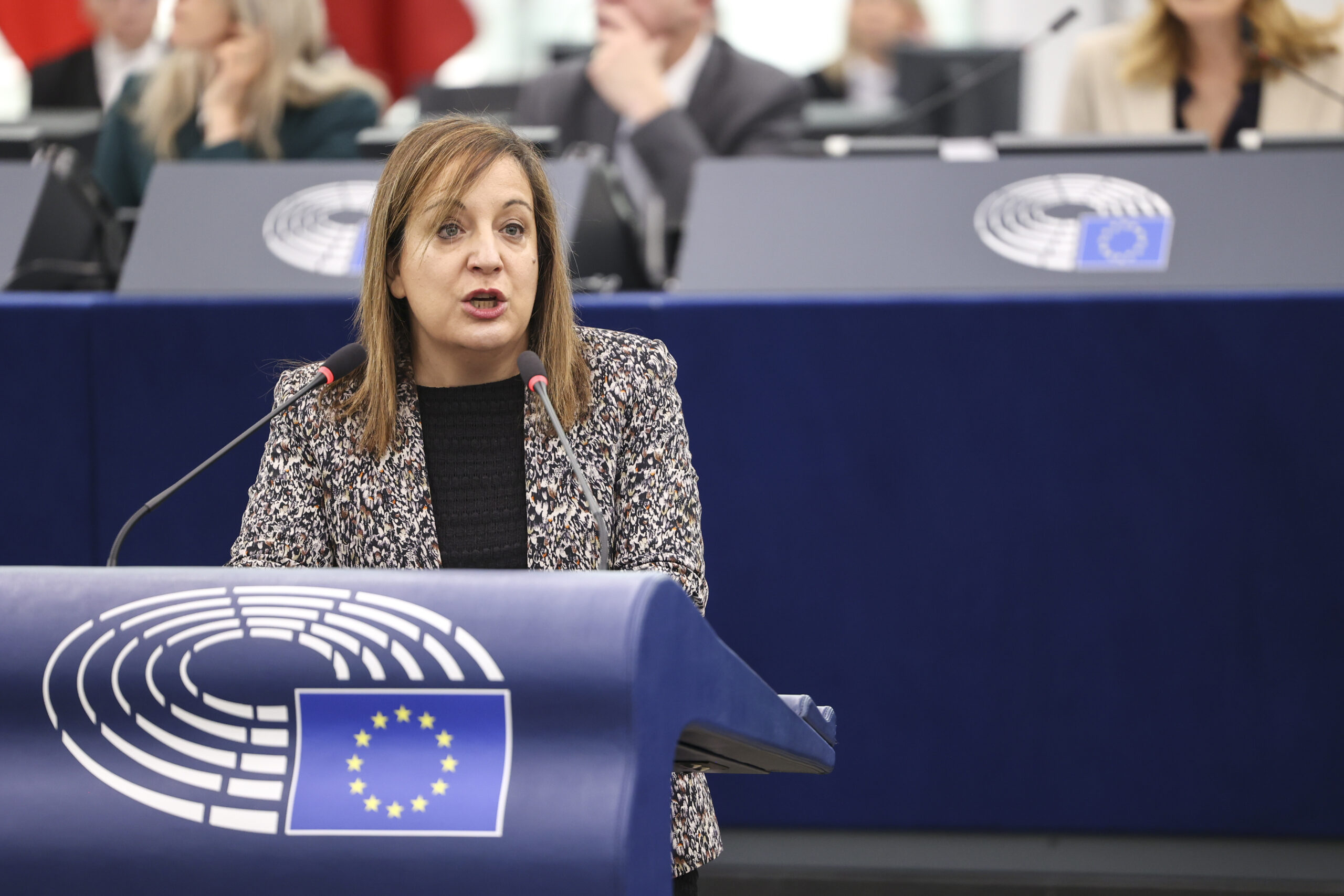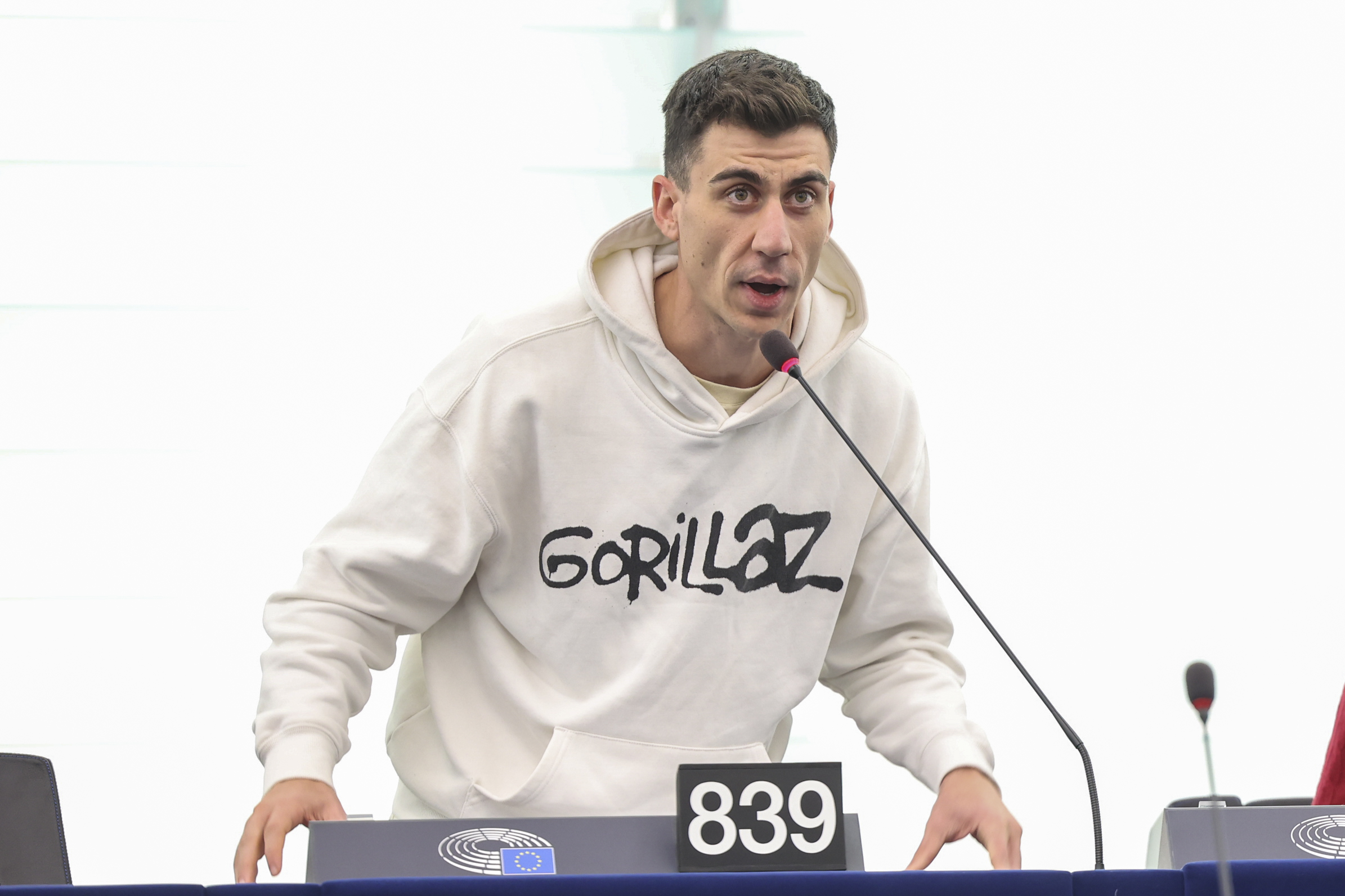From the correspondent in Strasbourg – Love him or hate him is often said of the most divisive personalities. The wealthiest man in the world – and owner of X (the former Twitter) – Elon Musk is no exception, having elevated himself as a champion of freedom of expression against all attempts at censorship and imposition of a single narrative. It comes with more or less direct interference in the affairs of other countries. The European Union is split: the right and far-right adore him, and the populars remain cautious. From the liberals to the left, they see him as the dangerous leader of a new reactionary international.
Thus, a debate underway at the European Parliament that, rather than insisting on the “need to enforce the Digital Services Act (DSA) to protect democracy on social media platforms,” reveals the unrepairable rift between those who believe that the new European legislation protects freedom of online expression from the risk of information manipulation and those who accuse it of being a Brussels-imposed gag against dissent. The European Commission is in the middle, not knowing which way to turn as it is being pulled in opposing directions.

Since the DSA came into force last April, Brussels launched ten investigations against digital giants: one against X, three against TikTok, one against AliExpress, four against Meta (two against Facebook and two against Instagram), and one against Temu. “We are taking the implementation of the DSA very seriously,” European Commission Executive Vice President for Technological Sovereignty, Security and Democracy, Henna Virkkunen, assured the Strasbourg Chamber. In a year marked by a multitude of electoral events — from June’s European elections to the presidential elections in Germany scheduled for the end of February — the European Commission has issued a set of guidelines for major digital platforms, making clear the steps they must take to mitigate the risks of undue influence on the electoral process.
“Free, fair, and inclusive elections are at the heart of democracy, and election-level interference requires a strong response,” Virkkunen said. However, “this is not about censorship of content,” but about “creating efficient mechanisms to remove illegal content, defined precisely at the legal level, such as incitement to hatred because what is illegal offline is also illegal online.” One problem is that while Brussels pursues its investigations into whether or not large platforms comply with the DSA, time does not stand still. Political life in EU countries continues, exposing itself to possible interference. “Our teams are working at full speed. We will intensify the number of teams dealing with the DSA, and by the end of 2025, we will reach a staff of 200 people,” Virkkunen announced.
Another complication is the ties that some big platforms – notably X and Meta – are weaving with the new US administration. If Zuckerberg flirted with Donald Trump by announcing the end of fact-checking on Facebook and Instagram, Musk, who had mobilized the platform to support Trump’s candidacy, will play an advisory role for the federal government. Last night (Jan. 20), in his speech at Trump’s inauguration ceremony at the White House, Musk declared that “some elections are important and some are not, but this one really matters” before performing a questionable salute that was very reminiscent of the fascist Roman salute.

The European People’s Party president, Manfred Weber, suggested “working together with the United States,” keeping in mind that “we are pro-free market, but everyone doing business in Europe must abide by our rules, including US tech giants.” For the Socialist leader, Iratxe Garcia Perez, Musk and X have become “the main megaphones supporting the far right” through “messages of hate and lies.” The S&D group leader urged the European Commission to respond promptly to “stop the abuses of digital oligarchs” because inaction “is not neutrality, but complicity.”
Sandro Gozi, a member of the Renew Liberals, reiterated the urgency, saying that despite the entry into force of the DSA, we are still in a “full digital Wild West.” The Italian MEP elected in France with Renaissance warned: Musk is an “undeniable industrial genius,” but increasingly “a financier, a politician” and now a Trump administration member. Very harsh words also came from Carola Rackete, the former Sea Watch captain now an MEP in Strasbourg with the European Left, according to whom Musk “has made Twitter a propaganda machine.” The German MEP pointed the finger at X’s lack of content moderation (which relies on the Community Notes model) and alleged amplification of far-right content. “Germany is on the verge of an election, and that is why the Commission must quickly pursue the procedure against X,” Rackete concluded.
The speeches from right-wing political groups were of a different tenor: Nicola Procaccini, group leader of the European Conservatives and Reformists (ECR), laughed at the “loss of political dominance on social platforms” that would be “driving the lefts crazy at every latitude.” For Virginie Joron, MEP of France’s Rassemblement National and the Patriots group, Brussels “does not want to protect European consumers, but to control voters’ votes.” Susanna Ceccardi of the League defended her party’s vote against the DSA, calling it “a club in the hands of the EU oligarchs,” which “gags dissent and reinforces the single narrative.”

Also speaking in the lengthy debate was Fidias Panayiotou, a Cypriot MEP from the Unattached, who arrived in Strasbourg precisely because of his popularity on social media. If the accusations “of institutionalizing censorship” made by Musk and Zuckerberg to the EU are true, “then we have a problem,” Panayiotou said, suggesting that the EU should “consider them.” The Cypriot proposed inviting Musk and Zuckerberg to the European Parliament for an “in-depth debate.”
English version by the Translation Service of Withub









